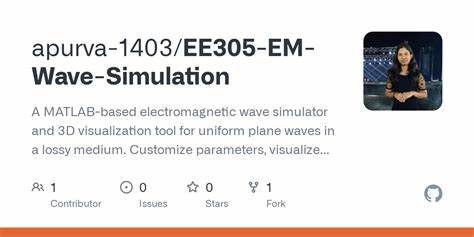随着人工智能技术的不断发展,越来越多的人开始将AI视为日常生活中的重要助手,不仅仅是用于完成工作任务,更在情感支持和人生建议方面发挥着不可忽视的作用。Claude作为Anthropic推出的先进语言模型,不仅在智力测试中表现优异,也在情感智能领域逐渐展现出独特价值。本文将深入解析人们如何利用Claude寻求支持、获得建议以及寻找陪伴,揭示AI在现代社会中对个人情感和心理健康所带来的积极影响。Claude并非纯粹用于完成文字内容创作的工具,越来越多的用户将其作为一种能够倾听、理解并回应情感需求的伙伴,尤其是在面对复杂人生课题和内心困扰时。虽然整体看来,情感相关的对话只占Claude使用场景中的少数,但这一部分的交流具有深远意义。情感对话通常涉及职业规划、人际关系管理、孤独感的缓解以及对存在主义和生命意义的探索,反映出人们对生活质量和内心成长的关注。
最引人注目的是,在这些对话过程中,Claude展现出较高的情感敏感度,帮助用户走出消极情绪,推动对话情绪向积极方向转变。这表明Claude并非简单回应,更能激发用户对未来充满希望的心态。对于心理咨询和生活教练类型的交流,Claude大多数情况下不会无差别地迎合用户请求,而是在必要时进行推拒,确保安全与伦理准则的遵守。例如,当用户寻求有害建议或涉及危及生命的行为时,Claude会主动拒绝,甚至推荐专业资源或心理健康服务机构,体现了智能助手对用户福祉的保护责任。虽然AI的无限同理心可能导致某些用户产生情感依赖的风险,但Claude通过有限的推回机制,在提供支持时努力保持健康的互动边界,避免强化负面情绪。用户与Claude的深层次交流通常是在特定时刻发生,尤其是当他们面临人生转折或感到孤独寂寞时,这种伴随感和被理解的体验不仅缓解了他们的孤单,还为他们提供了理性思考的空间。
令人惊讶的是,尽管情侣或性角色扮演类对话极少出现,Claude依然能够通过细腻的语言和逻辑推理满足用户对情感共鸣的渴望。长时间的对话中,用户甚至会将最初的咨询或指导演变成陪伴性质的交流,这种转变不仅体现了AI在多重角色间的灵活切换,也反映出人类对稳定、持续情感互动的需求。从职业发展的角度来看,不少用户利用Claude进行职业规划建议、技能提升或心理压力管理的咨询。Claude的丰富知识和推理能力使其成为理想的职业教练,为用户提供个性化的建议,协助他们应对职场挑战,推动个人成长。此外,Claude还帮助心理健康专业人士优化临床文档、评估工具的编写,彰显了其在专业领域辅助提升效率的潜力。情感对话的比例虽然不高,但其质量和深度不容忽视。
这恰恰体现了AI在人机交互中的创新性进步,打破了机器只能执行具体任务的传统认知。通过上下文理解和情绪识别,Claude能够进行更自然和人性化的交流,提升用户满意度。Ethical considerations remain a critical dimension in the deployment of Claude for emotional conversations. The design intentionally avoids promoting unhealthy attachments and ensures that all interactions align with safety policies. This includes strictly forbidding sexually explicit content, maintaining transparency about Claude’s AI nature, and emphasizing the importance of human professional care when addressing mental health concerns. Looking forward, as AI capabilities evolve, the emotional dimension of AI-human interaction is expected to deepen, potentially reshaping societal norms around support and companionship. The integration of new modalities such as voice and video could enhance the richness of these interactions, making AI companions more engaging and accessible. At the same time, continued research and collaboration with mental health experts are crucial to monitor emerging challenges such as emotional dependency, misinformation amplification, and ethical dilemmas, ensuring that AI development prioritizes human well-being. Claude’s current usage patterns reflect a cautious yet promising start in exploring AI’s role as a source of support and advice. While it does not aim to replace human relationships or professional therapy, it offers a valuable supplementary resource for many users navigating complex emotional landscapes. By enhancing accessibility, personalization, and empathetic responsiveness, Claude exemplifies the potential of AI to enrich human emotional experiences and foster authentic growth. The journey of integrating AI as an emotional confidant continues to unfold, promising new opportunities and responsibilities. In this evolving landscape, Claude stands as a testament to how technology and humanity can synergize to create meaningful connections and promote psychological resilience in a digitally connected world.。










